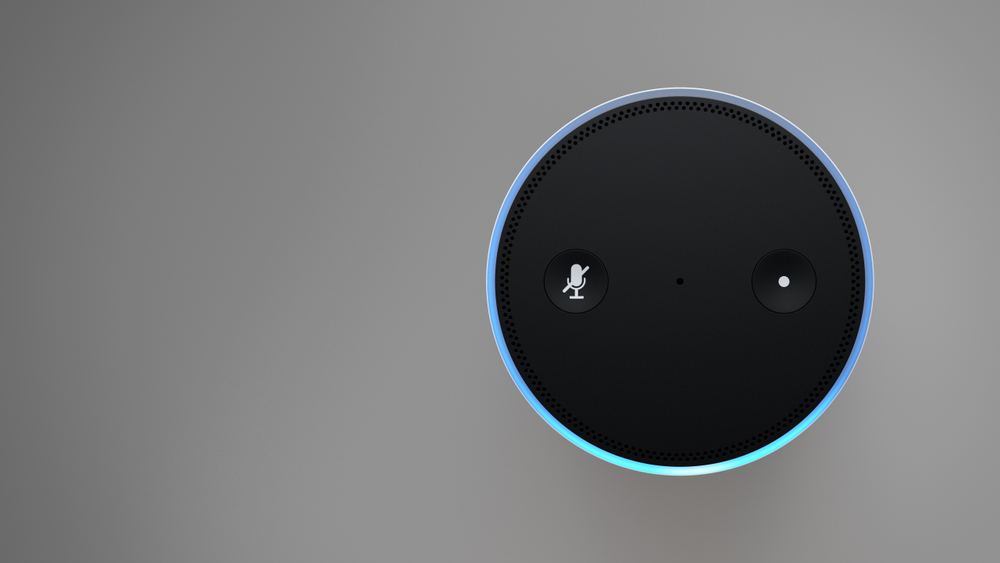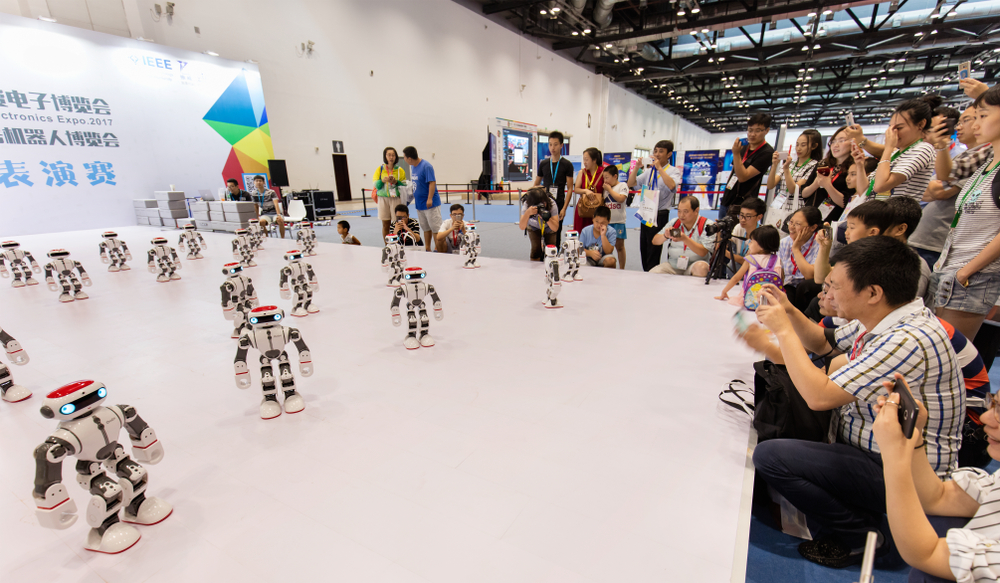RedFox AI CEO envisions AI revolutionising real estate with conversational tech
Nick Myers, the CEO and co-founder of digital healthcare startup RedFox AI sees massive crossover potential for AI technology in real estate

Nick Myers is the CEO and co-founder of RedFox AI, a digital healthcare startup based in the US that uses conversational AI technology to facilitate home diagnostic testing and medical device use, along with other services.
He has twice been a featured speaker at the PropertyGuru Asia Real Estate Summit. The first time was in 2019 when he led a session on technology in the hands of youth—a discussion that took place as the first generation of conversational AI products, like Amazon Alexa, were pushing the frontiers in our homes and offices.
Fast forward to 2023 and that now feels almost quaintly old-fashioned. Largelanguage models like ChatGPT have upended even society’s wildest speculations about the timeline for AI adoption in nearly every aspect of our lives. The latest advancements are moving the technology “away from the voice-activated part into the true conversational AI piece,” Myers says.
“At the end of the day, what I like to remind people is that this technology can do a lot. But you still need expertise from people who come in and say this is how we’re going to use it to solve specific problems,” he says.
Myers sees significant crossover potential for AI technology in real estate, citing the massive reduction in customer support costs his business delivers to its clients. Voice-activated property searches would add “a whole new layer of efficiency to the process” and help buyers and sellers make “intelligent decisions,” he says. He adds that negotiations, closing, and the signing of contracts are all “within the realm of possibility now.”

What are some other ways AI technology is being used in the property industry?
In China, voice-activated elevators are common in many buildings. So instead of having to go in and press buttons, you walk in and simply use your voice to say “I need to go to floor eight, or 10, or wherever”. From a property standpoint, there’s a lot of value there.
Taking that further, there’s the rise of smart homes. There are a lot of smart-home systems where you can use your voice to do pretty much anything within your home. In the US, we have a lot of smart-home systems from Amazon, Google, etc. that allow you to do that. But in Asia, a lot of that is now embedded within the home itself.
We haven’t quite hit that level yet in the US. Conversational AI really is just a mechanism to allow us to interface with computers in a more human-like way. Because let’s be real, typing on a small keyboard on smartphones is not a great way to interface with computers.
I like to remind people that this technology can do a lot. But you still need expertise from people who come in and say this is how we’re going to use it to solve specific problems
For others in real estate, like architects or builders, where do you see potential opportunities with AI technology?
Architecture is especially interesting. There are a lot of schematics that go into that job, a lot of higher-level mathematics, and things like that. That’s where I think this technology can come into play. Maybe you’re drawing up a schematic or a plan for a building. I imagine if you had a voice-activated, conversational AI-powered system and you say, “Run this equation, give me an output,” that it could save you a ton of time.

Between Asia and the west, who is leading the way in the adoption of this technology?
Real estate in the US is not innovative. It’s a system that’s existed for a very long time and it’s one of those things where if it ain’t broke, it ain’t getting fixed.
What I see—and part of the reason I love working with PropertyGuru—is that advancements in this technology are happening in the real estate and property sector in Asia more than they’re happening in the United States. I think the innovation that you’re seeing in the US is more on the energy front, in terms of more solar in homes and things like that.
In terms of hard technology, we’re just not seeing that at least from what I’ve seen. I’d say more advanced things are being done in Asia—in AI voice overall—specifically in China. They made a strategic decision long ago to dump a ton of money and resources into advanced technology, specifically artificial intelligence. Don’t get me wrong, the US is catching up. But when you compare the two, China is still way ahead. A lot of folks probably wouldn’t like me saying that, but I call it for what it is. And I think a lot of it is trickling down now into Southeast Asia, too, specifically Malaysia and Singapore.

With conversational AI, the use of different languages seems to be a limitation. How is the technology addressing this challenge?
One of the biggest discussions we had in 2019 when I was on the panel at the PropertyGuru Asia Real Estate Summit, was about how we can work to make the technology more accessible for Asian languages, which are starkly different. China has made a lot of advancements and the major tech companies in China have conversational AI platforms that are trained predominantly in Mandarin. So they’ve been able to tackle that, but I’d say look at the technology overall. Even in just the past few years, it has gotten remarkably better at being able to accommodate different languages. So I’d say we’re making progress. Lastly, anyone who says a conversational AI system regardless of the language can achieve 100% accuracy is not being truthful—that just doesn’t exist. We keep getting closer and closer. Today, as long as you’re aiming for above 90% or greater accuracy, that’s a pretty solid system, and that’s what ours can handle.

In the post-COVID world with more people working from home, remote offices, and so forth, how do you think AI technologies will further these trends?
It’s funny because even before Covid happened, the writing was on the wall. In 2018-19, I predicted that by 2030 a majority of the workforce would work from home. Not even just from home—but work from wherever you want because the office now is anywhere you have a laptop, a smartphone, and an internet connection.
I think over the next several years, the commercial real estate market, especially in the US and I imagine elsewhere, is going to face a bit of a reckoning when these leases come due for office space. I think you’ll always have office space, but it will change.
AI is just opening up more opportunities and new jobs that allow people to work remotely because any technology-based job can be done remotely. And for anybody to say otherwise is just living in the past.
The original version of this article appeared in PropertyGuru Property Report Magazine Issue No. 178 on issuu and Magzter. Write to our editors at [email protected].
Recommended
Meet the architect transforming Asia’s retail spaces with nature-inspired designs
David Buffonge, the cofounder of Hong Kong-based Lead8, has strong opinions on how to improve built environments around Asia
ARES White Paper Volume 3: The era of adaptive reinvention
Pioneering sustainable and innovative practices in urban development
ARES White Paper Volume 2: Unravelling the power of data revolution in real estate
Insights on proptech, smart cities, and sustainable development
ARES Digital White Paper Volume 1: The fundamentals of responsible building
Green and climate heroes join forces to discuss how Asia Pacific can weather the current environmental crises and the looming effects of climate change






